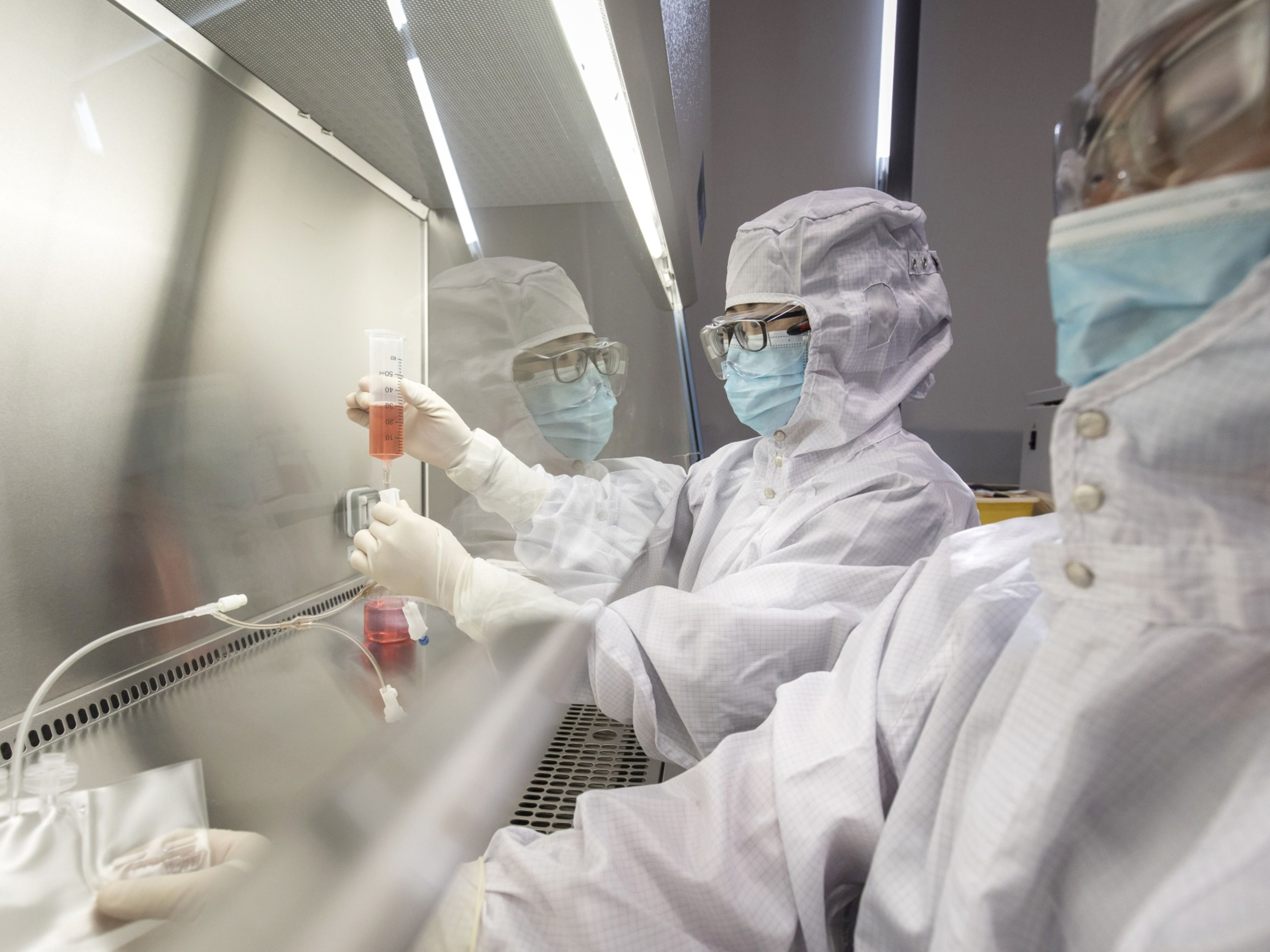
In the coming weeks, we might very well see tax incentives for reshoring manufacturing back to the U.S. pop up in proposed stimulus packages. Most of the COVID-19 stimulus programs already in place are set to expire at the end of July, and it’s clear that we’re collectively not out of the woods yet.
We heard recently that phase four of Reopening America could bring about a stimulus package of at least $2 trillion that would, in addition to strengthening American manufacturing, include incentives for U.S. companies to reshore operations.
If the U.S government decides to take a more active role in organizing supply chains away from Asia, what could happen?
The first places we would expect to see incentives are in healthcare and pharma. This would undoubtedly make a reshoring incentive more palatable for taxpayers. (And let’s face it, it’s difficult for consumers to see the advantages of billions in tax incentives for the industry at the best of times, let alone now.)
The growth driven by these types of incentives tends to be relatively short-lived, though. You might recall that Puerto Rico offered a tax incentive for pharmaceutical companies back in the 1990s. Many of the industry’s biggest names built facilities there. But after the tax incentive disappeared, their presence shrank. Many retain a small profile there, although several have moved operations to Asia since the incentive was taken away.
Puerto Rico stands to benefit once more if the U.S. government intervenes with reshoring incentives, with decreasing demand in the transpacific trades opening new routes in the U.S., Mexico, Caribbean, and South America.
More reshoring from Asia could dramatically change the demand for drayage services on the West Coast. Large warehouses in California, and specifically the Inland Empire, would most certainly be affected, and some might be looking at the need to repurpose.
Growth possibilities for air cargo and small ships should also be considered. The pandemic created an immediate need for goods that typically take six to eight weeks to transit from Asia. Already, the air cargo business has been impacted, and some providers have had record years as demand has far outpaced supply. Some airlines are even removing passenger seating to make room for more cargo.
Reshoring can be a tough sell. Prices may increase. Capital needs can be massive. We learned a difficult lesson during COVID-19 about relying on China so exclusively for personal protective equipment (PPE) and supplies, but we don’t necessarily want those partners to become our competitors.
Some say we need a wholesale manufacturing reshoring to rebuild the economy — to bring every factory back. To buy local-only. Personally, I think local-first with strategic diversification is more feasible, given the current state of the nation’s transportation infrastructure.
We need to geographically diversify supply chains, without a doubt. We’ve seen the impact of being all-in with suppliers from across the world, and the resulting logistics nightmares. But a government-sponsored injection of capital to stimulate reshoring will be a Band-Aid at best. In the few past months, companies have had to take a hard look at their entire set-up, from culture to client mix to partnerships and beyond. There have been major disruptions in entertainment and live events, auto manufacturing, hospitality and travel, and more. Any transportation provider whose client mix was heavily weighted in one of these industries may be in serious trouble right now.
How are financial requirements for debt going to be managed? Companies that fail to diversify now may feel a larger impact than others the next time a crisis pulls the rug out.
If you have to pivot and evolve, do you have the culture to do that? Across the supply chain, some have struggled with the shift to remote work while others have thrived. Some have had to lay off staff employees, while others have been able to retain or even hire. Those that are thriving have been able to maintain and even grow positive company culture through this crisis by being honest, open, and transparent, while showing unwavering support for team members.
There has been much talk about the need for reshoring over the past several years. This pandemic and its impact on supply chain, as illustrated by the need for PPE, could push the change forward, but I’m not convinced that government can effectively speed up the process.
We need more flexibility in the network. Transportation companies in particular need to seriously consider varying their service offerings, whether through building an asset portfolio, strategic partnerships, or other methods. We don’t need to make the supply chain domestic-only; that could come with unanticipated and counterproductive consequences.
But we do need to diversify, to ensure that when domestic consumers need specific goods, and domestic manufacturers need freight moved, supply chains aren’t crippled by factors outside of their control, and unable to deliver.
Perhaps what the industry needs isn’t an external financial incentive, but a critical rethinking of “business as usual.” Because if there’s anything the coronavirus pandemic has taught us, it’s that it can all change again in a heartbeat.
Eric Masotti is vice president of logistics at Trailer Bridge, an asset-owning shipping and logistics firm.







